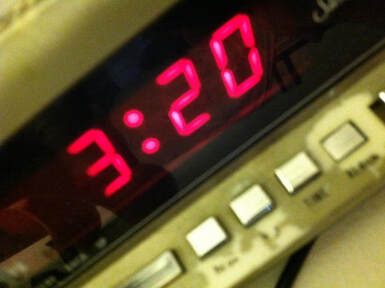 Lack of sleep can have an effect on our health – it's been linked to obesity, heart disease, memory loss, high blood pressure, diabetes and a less effective immune system. Not having enough sleep can leave you craving sugary, salty or carbohydrate-heavy food. Lack of sleep has connections between depression and anxiety. It can even affect your balance. Sleep can be so hard when you are grieving - your head is full of spinning thoughts and tough memories, and you may have nightmares. Here are some hints and tips for improving sleep. During the day
In the evening
Bedtime
If you can't sleep
If insomnia is making you so tired during the day that you can't work, care for yourself or others, or means that driving feels dangerous, talk to your doctor. There may be medications or therapy techniques that could help.
0 Comments
Leave a Reply. |
AuthorI was widowed at 50 when Tim, who I expected would be my happy-ever-after following a marriage break-up, died suddenly from heart failure linked to his type 2 diabetes. Though we'd known each other since our early 20s, we'd been married less than ten years. Archives
July 2024
Categories
All
|


 RSS Feed
RSS Feed